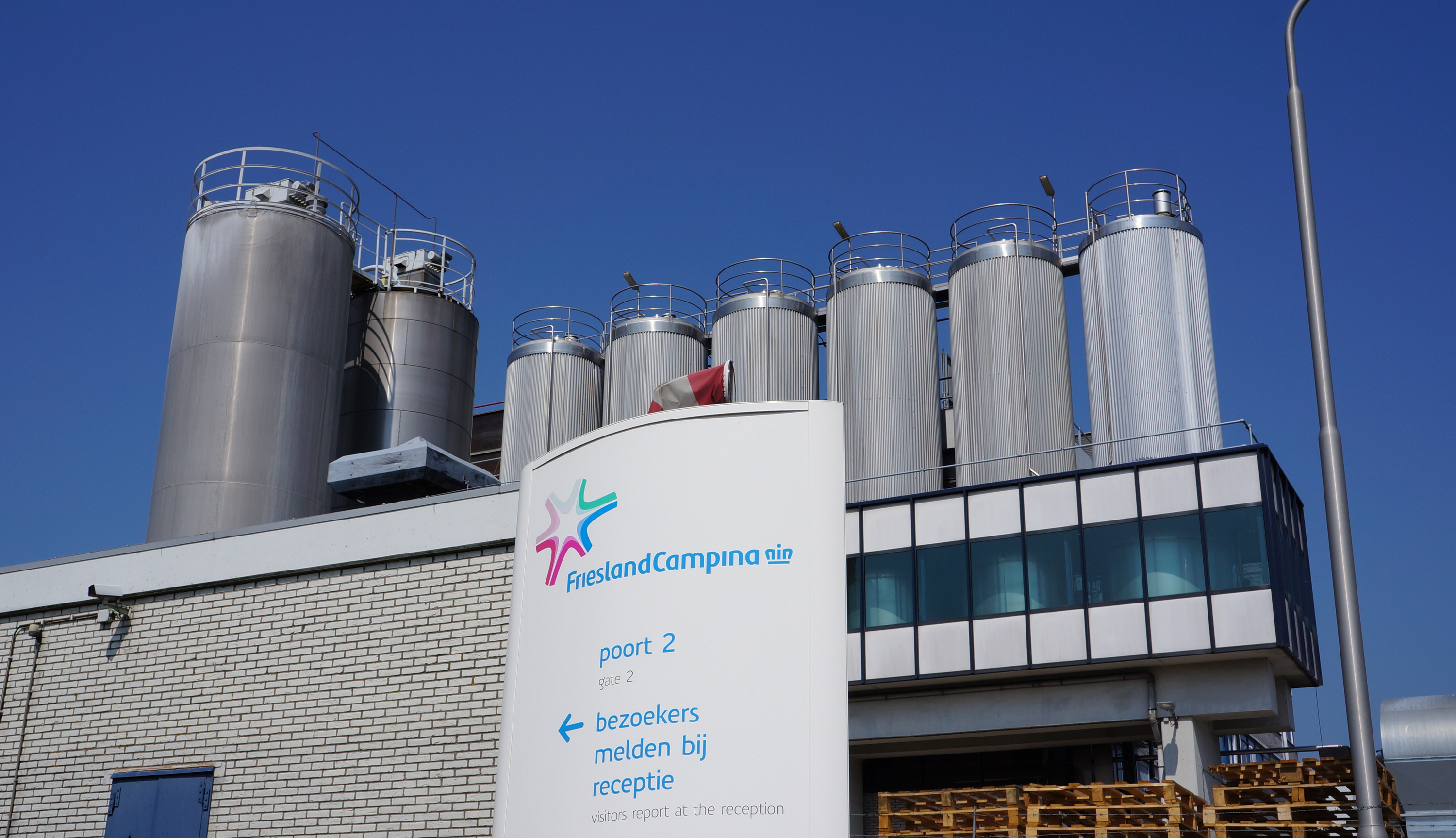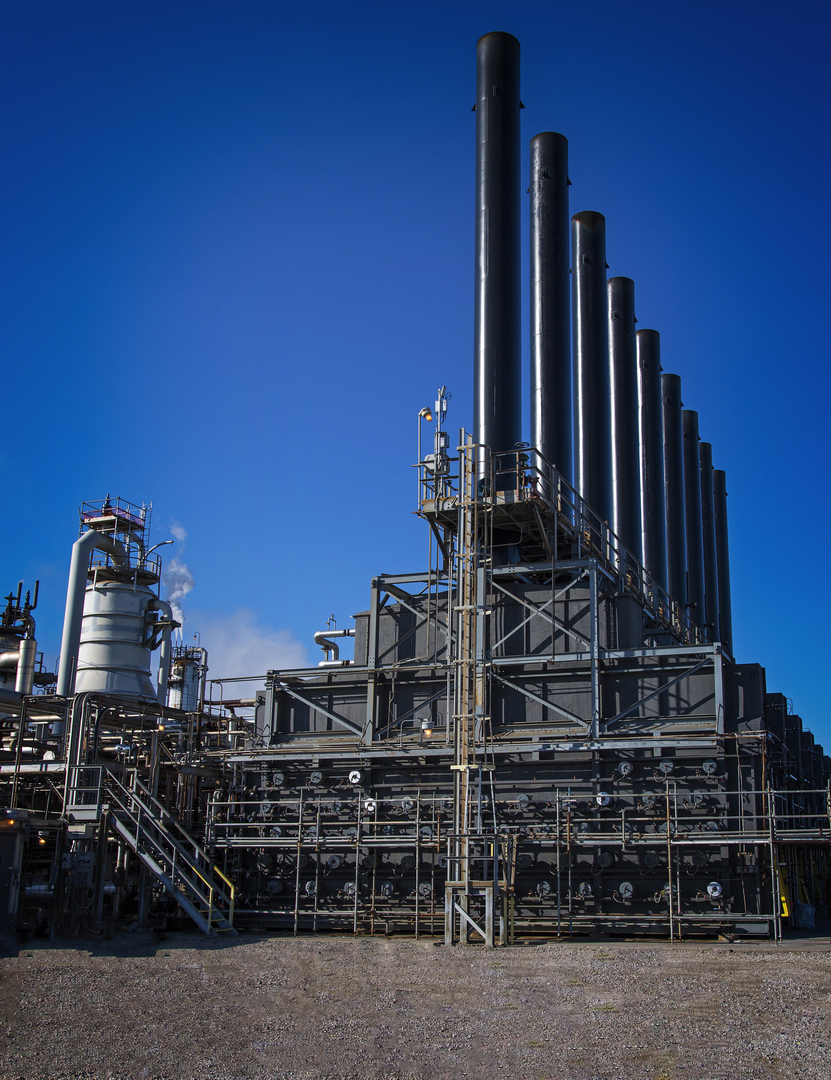For FrieslandCampina, improving work processes on plant sites is an ongoing course of action. Therefore, it’s fundamental to be aware of possible shortcomings and growth potential of these processes. They decided to implement INCATools PID tuner, a tool that matched the technical criteria and scored high on usability because of the integrated roadmap. Read in this blog why FrieslandCampina needed to change course and what benefits the software offered.
Christiaan Moons
Recent Posts
FrieslandCampina - Increased productivity with INCATools PID tuner
Topics: PID tuning, Plant performance
It’s no secret that well-tuned PID loops contribute to a stable and healthy plant. Once optimally tuned, only critical PID loops that cause too many alarms tend to be tuned again. Underperforming loops are often ignored. But if you frequently analyze all your PID loops you can enhance total efficiency, have less wear and tear, more overall stability, and fewer operator interventions. Read in this blog why it is essential to monitor your PID’s and how to perform monitoring most cost-effectively.
Topics: PID tuning, PID software, Plant performance
Advanced Process Control: PID tuning is the first step
More than a hundred years ago, Sperry Corporation invented automatic pilot control in airplanes. It was magical and scary at the same time. Nowadays, they can anticipate the exact arrival time, other planes nearby, and the weather forecast. It became unimaginable that our planes would fly without it. APC is the automatic pilot in plants. APC projects can maximize your performance and plant's profit. For decades, the chemical process industry has been working with it. It can benefit smaller plants considerably as well. However, proper PID tuning is the first step in an APC project. It is the foundation for your automatic plant pilot, learn in this blog why.
Topics: PID tuning, Advanced Process Control
It's no secret that proper PID tuning will contribute to a stable plant with fewer variations and fluctuations. Optimal and stable operations are the ultimate goal. This can result in several percentages of extra throughput and several percentages reduction of specific energy consumption. Additional throughput is highly desired in high market conditions, while the specific energy consumption might be more interesting when selling prices are low and energy prices high. In all cases, more stability results in fewer alarms and fewer operator interventions.
In this blog, you will learn why PID tuning improves process performance and how to accomplish this technical result of PID tuning.
Topics: PID tuning, PID software, Plant performance


.jpg)



